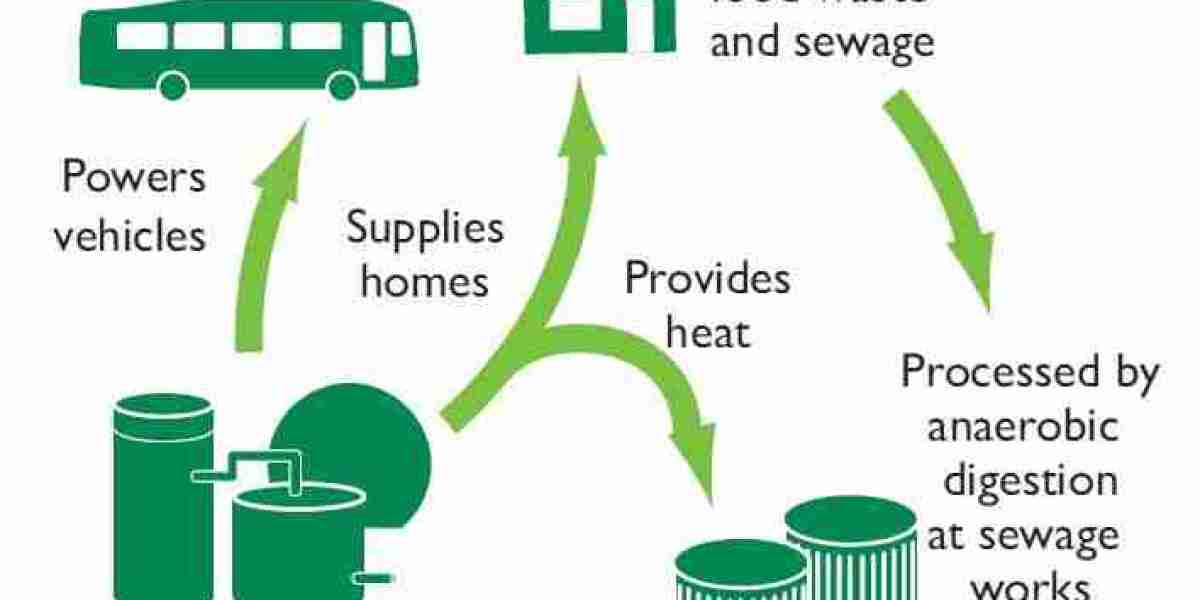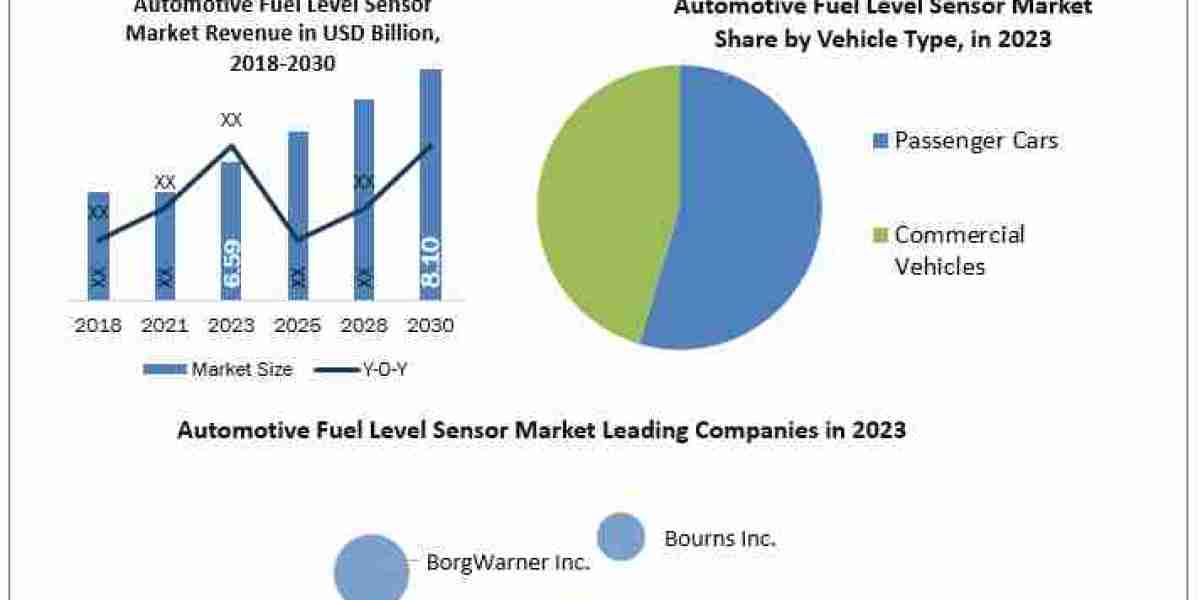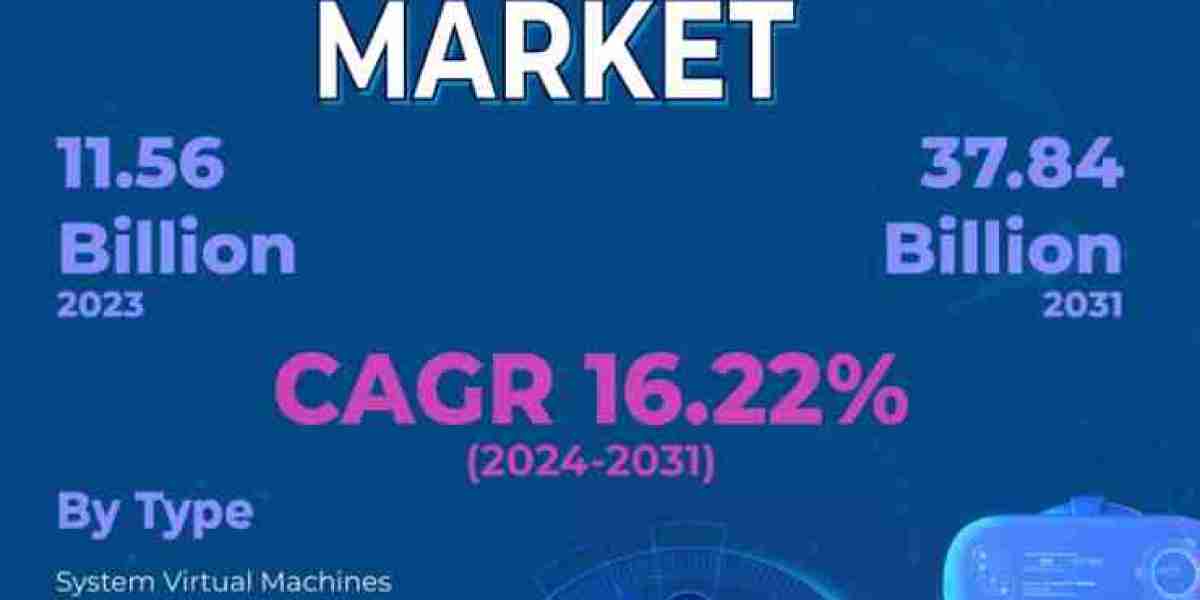Introduction
The food waste recycling machine market has seen considerable growth in recent years, driven by the rising global awareness of environmental sustainability, the need for efficient waste management, and innovative technological advancements. As food waste continues to be a significant environmental concern, businesses and governments are increasingly investing in waste processing solutions that contribute to reducing landfill use and greenhouse gas emissions. This article explores the latest trends and significant developments within the food waste recycling machine market, focusing on innovations, market drivers, and future prospects.
Rising Awareness and Growing Regulations
One of the most significant drivers of the food waste recycling machine market is the growing public awareness of food waste’s environmental impact. According to the Food and Agriculture Organization (FAO), nearly one-third of the food produced globally is wasted, leading to considerable greenhouse gas emissions. In response to this, many countries are implementing regulations and policies to reduce food waste and increase recycling efforts. These regulatory frameworks are encouraging businesses to invest in food waste recycling machines that can efficiently process food scraps and convert them into valuable products such as compost, biogas, or biofertilizers.
For instance, the European Union's Circular Economy Action Plan, introduced in 2020, includes measures aimed at reducing food waste and promoting a circular economy. Similarly, several U.S. states have introduced legislation requiring food waste diversion from landfills. These regulations are significantly increasing the demand for food waste recycling equipment across both industrial and commercial sectors.
Technological Advancements in Waste Processing Machines
Technological innovation has been a driving force behind the growth of the food waste recycling machine market. The advent of advanced technologies such as anaerobic digestion, aerobic digestion, and mechanical-biological treatment (MBT) has transformed food waste management into a more efficient and eco-friendly process. These technologies allow for more efficient waste processing, ensuring a higher rate of recycling and less material ending up in landfills.
Anaerobic digestion, for instance, is one of the most popular techniques used for converting food waste into biogas and digestate, which can be used as a renewable energy source and soil conditioner. Companies such as Komptech and BioHiTech Global have developed systems that allow food waste to be processed on-site, offering waste-to-energy solutions. These innovations not only reduce waste but also provide energy generation opportunities, making food waste recycling machines even more attractive to businesses looking to lower operational costs and reduce their environmental footprint.
In addition, some food waste recycling machines are now being integrated with artificial intelligence (AI) and Internet of Things (IoT) technologies to optimize waste processing. These smart systems can automatically identify and sort food waste, making the recycling process more streamlined and efficient. The integration of AI and IoT technologies is also contributing to the development of waste management systems that offer real-time monitoring and data analytics, enabling businesses to track and optimize their waste recycling efforts.
Commercial and Industrial Adoption of Food Waste Recycling Machines
The food waste recycling machine market is not only expanding in the residential and municipal sectors but also gaining significant traction in the commercial and industrial segments. Businesses in the hospitality industry, including restaurants, hotels, and supermarkets, are increasingly adopting food waste recycling machines to manage the large volumes of waste generated daily. By investing in on-site waste processing equipment, these businesses can significantly reduce waste disposal costs while simultaneously contributing to sustainability efforts.
For instance, large food processing companies and manufacturers are incorporating food waste recycling machines to handle production scraps and food byproducts. Companies like Wastequip and Green Mountain Technologies are at the forefront of developing advanced waste recycling solutions designed specifically for the food processing industry. These systems can process a large volume of organic waste efficiently, reducing landfill contributions and helping companies meet their sustainability targets.
The shift toward more sustainable business practices has led to increased demand for food waste recycling machines in various industries. Additionally, with food waste accounting for a significant portion of municipal waste, cities and local governments are also investing in these machines to reduce their waste management burden.
Growing Investment and Market Competition
The food waste recycling machine market has attracted significant investment from both private and public sectors. As sustainability becomes an increasingly important consideration for businesses, investors are funding startups and established companies that offer innovative solutions for food waste recycling. This influx of capital has spurred competition among market players, driving further innovations and making food waste recycling machines more affordable and accessible.
Moreover, as consumers and businesses alike demand more sustainable solutions, manufacturers are constantly improving the design and efficiency of food waste recycling machines. To stay competitive, companies are focusing on enhancing machine capacity, improving energy efficiency, and expanding the range of materials that can be processed. Leading companies in the market, including companies like Envipco, Earth Savers, and Waste Management, are developing machines that cater to diverse customer needs, from small-scale operations to large-scale commercial facilities.
The Future of the Food Waste Recycling Machine Market
Looking ahead, the food waste recycling machine market is expected to continue growing, driven by increasing regulatory pressure, consumer demand for sustainable practices, and technological innovations. The growing recognition of food waste as a major contributor to environmental pollution will spur further investments in recycling technologies that improve waste management processes and reduce landfill waste.
In particular, the market is likely to see further advancements in artificial intelligence and automation, enabling even greater efficiencies in waste sorting and processing. Additionally, as renewable energy solutions become increasingly important, the integration of food waste recycling machines with biogas production and energy generation technologies will become more widespread.
Furthermore, the market for food waste recycling machines will expand as more businesses across industries, including the foodservice and manufacturing sectors, recognize the value of waste-to-resource solutions. The trend of incorporating sustainability into business practices is expected to result in greater demand for waste processing solutions that not only reduce waste but also provide additional value through energy production, composting, and other byproducts.
Conclusion
The food waste recycling machine market is experiencing significant growth, driven by advancements in technology, rising regulatory pressures, and increased public awareness of environmental sustainability. As food waste continues to present a major challenge for municipalities and businesses alike, the demand for innovative recycling solutions is expected to rise. The integration of cutting-edge technologies, such as AI, IoT, and anaerobic digestion, is further transforming the waste processing landscape, making food waste recycling machines more efficient and accessible. As the market continues to evolve, businesses and governments will increasingly rely on food waste recycling machines to meet sustainability goals, reduce waste, and create valuable byproducts, contributing to a more circular economy.




